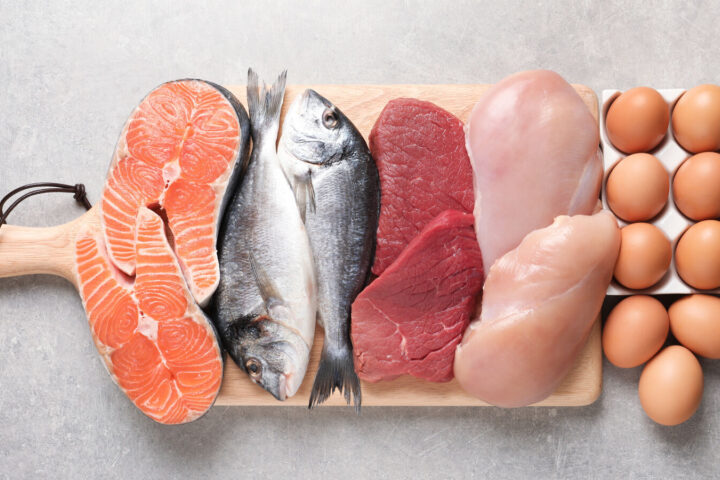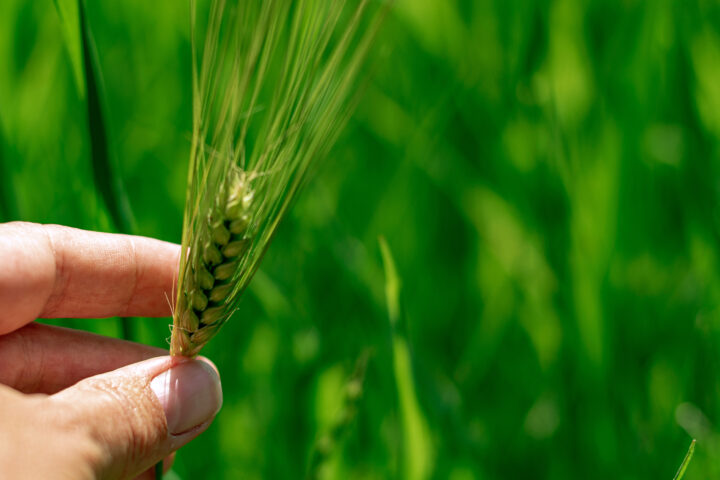
Urban beekeeping is endangering biodiversity
Beekeeping is booming in Swiss cities. Urban residents want to make a contribution to the conservation of the honeybee. However, a study by the WSL research institute shows that the amateur beekeeping is not sustainable. It endangers biodiversity in cities, as honey bees increasingly displace wild insects.
Monday, March 7, 2022
As the "Tages-Anzeiger" writes, wild insects such as butterflies or wild bees find almost no food anymore in urban areas due to the high bee population density. In many cities, green spaces are not enough to provide honey bees with enough food. This is the result of a study by the Swiss Federal Institute for Forest, Snow and landscape Research (WSL). Between 2012 and 2018, according to the authors, the number of urban hives has increased from 3139 to 9370 – that is a tripling in just six years. Study author Joan Casanelles Abella says in a media release from the WSL: "The key message of our results is that the green areas cannot keep up with the existing density of the hives."
Better regulation required
The authors of the study see the findings as proof of a need for regulation of beekeeping in urban areas. A sustainable strategy is needed. This includes, for example, regulating the number of beekeeping sites and the density of hives. Such rules are currently completely lacking. However, an improvement of the food supply for insects in cities – for example, a better range of flowers or upgraded habitats for pollinators – is also needed. In the end, according to the study authors, people also need to be better informed. Honey bees are farm animals. The beekeeping is an agricultural activity: "People often perceive honeybees as wild animals because they live freely and move freely. In reality, however, they are kept and bred in the same way as other farm animals. As for the latter, humans must also provide a sufficient supply of food for honey bees," says Casanelles Abella.
Blindspot article
Honey bee not threatened
Because the honeybee is a farm animal and is mostly kept by humans, it is not threatened by extinction, contrary to many representations in the media. Too many honey bees can, as described, even become a threat to wild bees. In contrast to honeybee, many species of wild bees and other pollinators are at risk of extinction. According to "bienen.ch", 40 percent of Swiss wild bees are currently at risk of extinction. The most important reason for this is the progressive loss of suitable habitats. To help the wild bees, there are more sensible measures for urban bee-lovers than breeding honey bees. For example, planting native plant species or creating suitable nesting sites.
Sources
Related articles

Why Strict GMO Regulation Stifles Innovation
New breeding techniques such as CRISPR-Cas are considered key to developing resilient crops, stable yields and reducing the need for plant protection products. ETH professor Bruno Studer warns that overregulating these technologies strengthens precisely those large agricultural corporations that critics seek to curb, while excluding smaller breeders and start-ups from the market.

A Superfood with Benefits and Challenges
Sweet lupin is Biovision’s “Superfood of the Year 2026.” It delivers high protein content, improves soils and supports biodiversity. Yet a closer look at agricultural practice shows that without breeding, crop protection and innovation, even this superfood remains a challenging crop.

Sales bans due to PFAS: Should we be worried?
After spectacular sales bans on fish and meat due to PFAS contamination, consumers are asking themselves: How dangerous are these substances really – and what can still be placed in the shopping basket without concern?

How German Experts View New Breeding Techniques
In hardly any other country is the idyllic image of organic farming cultivated in the public sphere as carefully as in Germany. Naturalness and rural authenticity are powerful mental refuges for many Germans. Against this backdrop, it is hardly surprising that resistance to new breeding techniques is strong – and that ignorance about the realities of organic farming sometimes appears almost deliberate.

